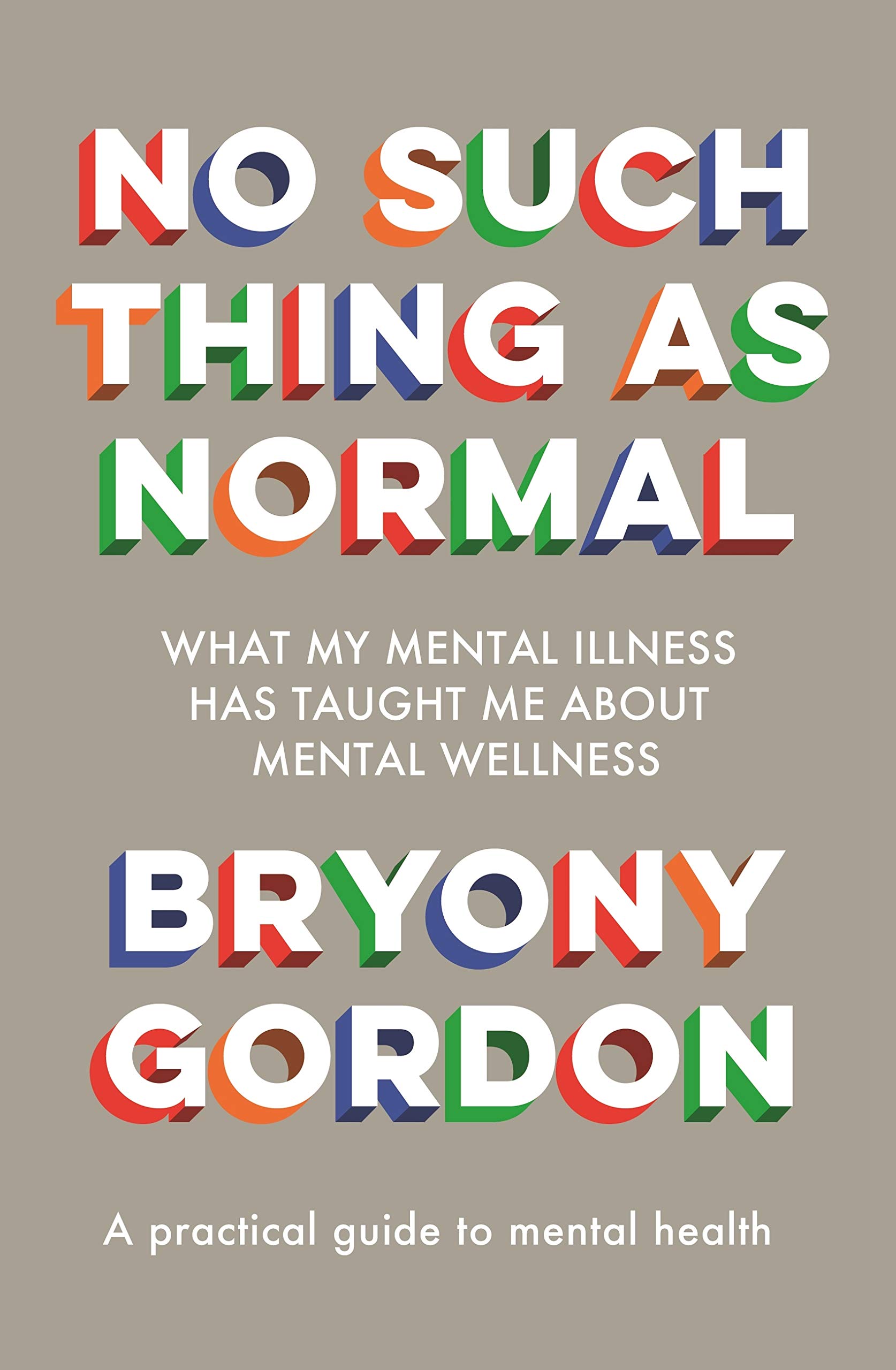What do you think?
Rate this book


194 pages, Kindle Edition
Published January 7, 2021
[Mental illnesses] try to take over by turning you against yourself; by removing your energy, or by giving you too much; by cutting you off from the people who care about you and telling you that nobody actually does care about you. They remove all your sense of self-worth. They blot out all the hope. They tell you that nothing will help. And how do you even start to feel hope when you are under the influence of an illness whose main symptom is telling you that there is none? One of the biggest barriers to finding help is the belief that you are beyond it. Unfortunately, this is also one of the main symptoms of most mental health issues. We know, for example, that exercise can be one of the most effective tools for helping mental illness. The million, billion, TRILLION dollar question is, how do we help people with mental illness to want to exercise? How do we help people to do what is right for them, when they are under the malign influence of something that only wants what's worst for them?
The world as we knew it was finally ending, and the most bizarre thing had happened: I knew it was going to be OK. Or, more accurately, I knew it was going to be messy, uncertain, stressful, fraught, frightening, lonely, and overwhelmingly sad - but that it would still be OK.
[...]
In the early days of the coronavirus pandemic, we saw a curious inversion of norms. The people I knew who had always seemed to cope really well with life suddenly collapsed in shock, whereas those who had been through extreme mental health challenges seemed to be OK. More than that, they seemed to be providing support to those people who normally breezed through life without a care in the world. Now, everyone was looking to us for advice on how to deal with anxiety and uncertainty. And I realised, suddenly, that so many of the things I had long considered flaws and failures in myself were really more like superpowers.